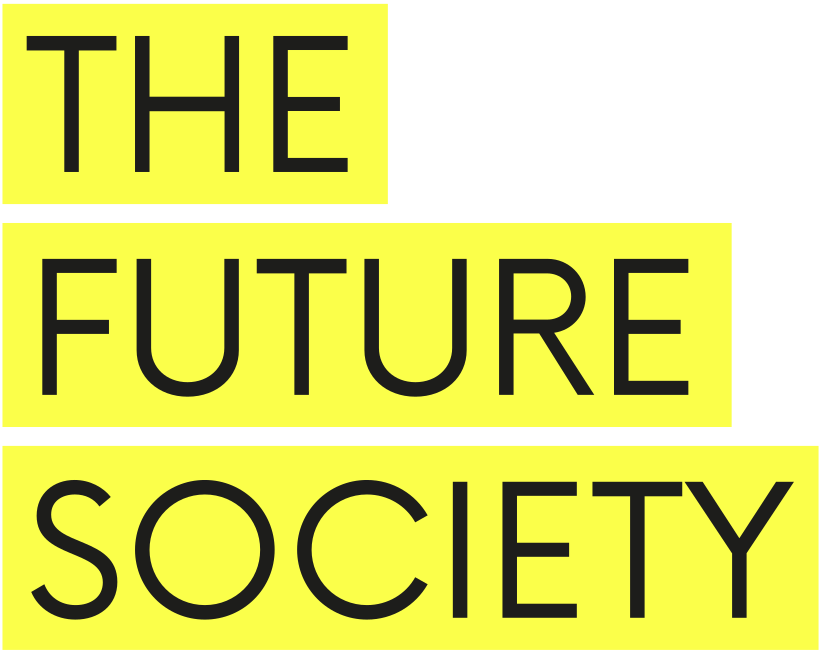Main Insight
The Future Society urges European Union Member States and the European Parliament to approve the EU AI Act.
TFS supports the approval of the EU AI Act
January 30, 2024
The Future Society urges European Union Member States and the European Parliament to approve the EU AI Act – to protect citizens and establish EU leadership in AI governance.
The EU AI Act unites different stakeholders under legislation that both upholds European values and support innovation. European industry groups, small businesses, civil society, academics, and numerous experts overwhelmingly favor the EU AI Act. This broad support across such diverse stakeholders recognizes that the Act’s balanced approach will curb abuses while supporting innovation – a difficult but successful compromise.
Foremost, this legislation safeguards European values and fundamental rights. It prohibits manipulative and subliminal AI systems, limits biometric categorization, and forbids social scoring. It also imposes a regime of transparency and oversight for high-risk applications. These provisions directly shield citizens from potential harms of powerful AI. Without the Act, citizens would not benefit from this protection for at least two more years, i.e. the time it would take for a new law to pass.
The Act’s careful regulations for General Purpose AI models demonstrate Europe’s leadership in responsible AI governance. It establishes reasonable transparency requirements for all providers of GPAI models, including publishing summaries of training data and technical documentation. For GPAI models that present systemic risks to society, the Act goes further to require rigorous testing, evaluations, and cybersecurity measures. This nuanced approach ensures that powerful AI models with the potential to significantly impact citizens’ rights, health and safety are developed cautiously. By instituting sensible safeguards tailored to the level of risk, the EU AI Act charts a wise governance course for rapidly evolving GPAI models. This foresight cements Europe’s position as a global leader in ethically aligning advanced technologies with democratic values.
The EU AI Act also strategically future-proofs governance of rapidly evolving AI technologies. It establishes an AI Office within the European Commission to adapt policies amid technological advances. Crucially, it empowers a panel of independent experts to develop methodologies that evaluate and oversee high-impact AI systems’ capabilities and risks, guiding responsible innovation. The Act also creates a governance framework centered on citizens’ rights and safety, with an AI Board coordinating implementation and a multi-stakeholder forum ensuring diverse input. This scientifically-rigorous, adaptive and collaborative structure shows Europe’s leadership in ethical AI policymaking.
The Act provides businesses and innovators with the legal certainty needed to confidently adopt AI. The European Digital SMEs alliance has declared that the AI Act aids SMEs with regulatory sandboxes, official guidance, and equitable dealings with large tech firms. The Act strictly regulates very large foundation models, currently applicable to a handful of companies, offering SMEs legal clarity in utilizing these models. AI industry professionals emphasize that passing the Act now gives needed legal certainty rather than prolonged ambiguity.
In conclusion, the EU AI Act represents a defining moment. It is a turning point from the era of unchecked AI towards responsible innovation that harnesses this technology for societal good. With prudent safeguards grounded in European values, it steers AI development away from hype, harms and governance failures. It provides hope that AI can strengthen, not undermine, the integrity of our digital future. We urge the Council and the European Parliament to swiftly approve this essential legislation, securing a safer and more trustworthy AI landscape that benefits all European citizens and will inspire the rest of the world. The time for action is now. Let there be no further delay in charting the course for AI innovation that upholds rights and democracy.
